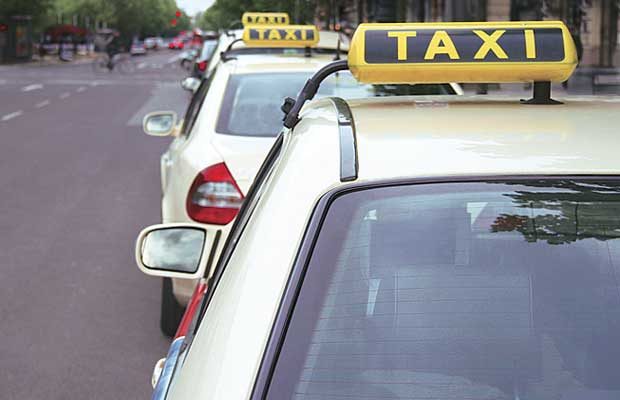Taxi aggregators, such as Ola and Uber, could soon be regulated by a set of new rules that Karnataka is formulating – a move likely to help people but hurt the firms.
Karnataka is not the first state to form rules to regulate taxi aggregators. Maharashtra, too, has come up with draft rules, regulating the number of vehicles that could be registered per platform, prescribed fares and printers for receipts. After the western state posted the draft rules online, Uber called them regressive and ran an email campaign against these.
The headquarters of both Ola and Uber are in Bengaluru, the capital of Karnataka, the start-up hub of India. The state has already locked horns with e-commerce firms such as Amazon and Flipkart over taxes. The new regulations, which many fear might hurt the booming taxi aggregator sector, could dent Karnataka’s reputation as a business-friendly state.
The draft rules will be floated by the month end. The Union advisory on app-based aggregators, hailed as progressive, allows states to form their own rules (see chart).
Neither Ola nor Uber representatives were available to comment on the issue. The state, however, is ready to listen to everyone.
“We will hear objections from all parties involved, after which changes will be made,” said Ramegowda, Karnataka’s commissioner for transport and road safety.
Explaining the concerns that led the state to mull regulations, he said: “If a driver works for three or four aggregators, who will take responsibility if he commits a crime? It is a problem for aggregators, too, since they don’t know whom to train.” After an Uber driver was accused of raping a passenger in December last year, the Delhi government had cancelled the licence of the taxi aggregator and formulated rules to regulate the sector.
In Bengaluru, the smartphone penetration is high thanks to the concentration of IT firms, making it one of the biggest markets for Uber and Ola. Also, the congested roads often prompt people to opt for taxis rather than taking out their own cars.
Uber claims over 40 per cent share with 250,000 drivers on its network. Ola dominates the taxi-hailing market with over 350,000 drivers. Both firms do not specify their market share or number of vehicles in individual cities.
Jitender Sharma, co-founder and chief executive officer of Zipgo, an app-based shuttle bus service whose operations in Bengaluru have been suspended by the transport authorities for not adhering to rules, said regulations lag behind innovation. “I do not believe that the government’s intention is to hurt innovation, nor do start-ups intend to break the law. But regulations often lag behind innovation. It takes discussions and time to find the balance between the need for accountability and commercial viability,” he said.




